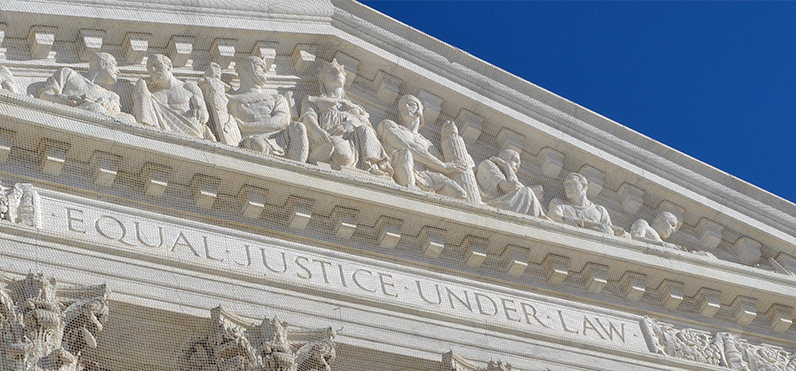In a landmark decision issued last month, the Supreme Court held that terminating an individual because of that person’s sexual orientation or transgender status violates Title VII’s prohibition on employment discrimination because of sex.
"Terminating an individual because of that person’s sexual orientation or transgender status violates Title VII’s prohibition on employment discrimination because of sex."
The decision, Bostock v. Clayton County, Georgia, 140 S.Ct. 1731 (2020), arose from three different cases; in each case, it was undisputed that the reason for the termination was the person’s sexual orientation or transgender status. Gerald Bostock was fired for conduct unbecoming a county employee because he participated in a gay recreational softball league. Donald Zarda was fired days after he mentioned that he was gay. And, Aimee Stephens, who presented as male when she was hired, was fired after she informed her employer that she planned to live and work full-time as a woman. Each sued alleging sexual discrimination under Title VII of the Civil Rights Act of 1964, which is the major piece of federal legislation that outlaws discrimination in the workplace because of race, color, religion, sex, or national origin. In defense, the employers claimed that even intentional discrimination based on a person’s homosexual or transgender status is not a basis for liability under the statute.
Massachusetts already had enacted one of the most comprehensive laws in the country prohibiting employment discrimination, which specifically includes sexual orientation and gender identity as protected classes. The Bostock case was the first opportunity for the Supreme Court to decide whether federal law affords similar protections. In a 6-3 decision, the Supreme Court held that the answer was Yes. “An employer violates Title VII, which makes it unlawful to discriminate against an individual ‘because of’ the individual’s sex, by firing an individual for being homosexual or being a transgender person; when an employer fires a person for traits or actions that the employer would not have questioned in members of a different sex, then sex plays a necessary and undisguisable role in the decision, which is exactly what Title VII forbids.” By way of example, the Supreme Court reasoned if the employer fires a male employee for no other reason other than the fact that he is attracted to men, the employer discriminates against him for traits or actions it would it tolerate in its female colleagues, which necessarily runs afoul of the prohibitions of Title VII. In reaching this conclusion, the Supreme Court found that it did not matter if the employer is willing to subject all male and female homosexual or transgender employees to the same rule. Put simply, when an employer intentionally treats a person worse because of attributes it would tolerate in an individual of another sex, the employer must be said to have discriminated against that person because of sex and in violation of Title VII.
Numerous questions remain open for future litigation. Whether and to what extent restrictions concerning bathrooms, locker room access, or dress codes constitute discrimination under Title VII are questions reserved for future cases. In addition, the decision did not address various religious liberty issues and exemptions that are provided under Title VII for religious institutions. That said, given the clear mandate set forth in Bostock, employers are encouraged to review and, if necessary, update their anti-discrimination and anti-harassment policies and procedures to include a specific prohibition on discrimination based on sexual orientation, gender identity, and transgender or transition status.


